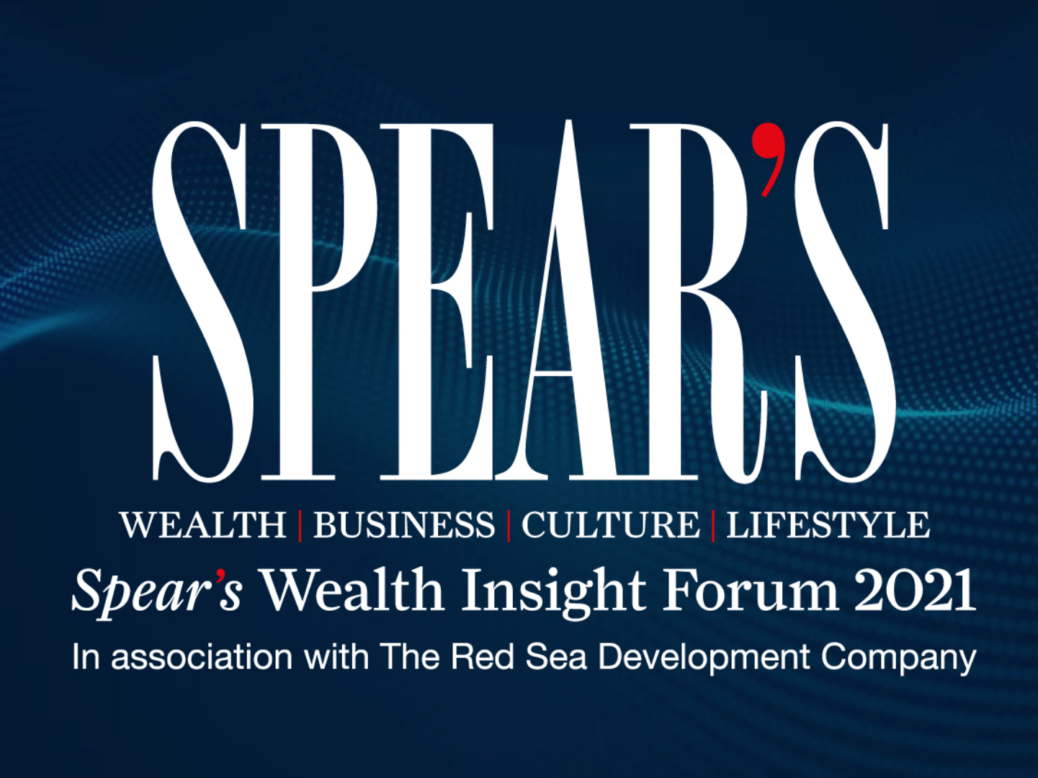
The pandemic has changed the way that the rich think about wealth, attendees of the Spear’s Wealth Insight Forum heard
The coronavirus pandemic has led to a ‘societal shift’ in what is important to wealthy families and wealth management firms need to ‘position themselves’ accordingly.
Speaking on the Spear’s Wealth Insight Forum panel ‘What wealth means in 2021 and beyond’, sponsored by EFG Private Bank, April Rudin – founder and president of wealth marketing firm the Rudin Group – said that the pandemic had led to many wealthy families ‘re-examining’ their purpose and legacy through multiple generations.
The successful wealth management firms of the future will need to be more ‘agile’ in addressing the needs of future generations, whose needs are ‘not one-size fits all’, she said.
Watch the full panel on-demand here
‘There is an opportunity for wealth management firms to focus on that difference and position themselves as the difference,’ Rudin told the panel, noting that successful firms will move from a ‘product focus’ to a ‘client focus’ as they consider ‘how can they change their brand to not think about selling products, but think about being more client centric’.
Rudin was joined on the panel by Chuck Collins of the Patriotic Millionaires, Eamonn Butler of the Adam Smith Institute and Fella Khelifi-Arnulphy of EFG Private Bank to discuss the implications of being among the world’s wealthiest in 2021.
Watch to the full panel on-demand here
For wealth managers, increased social awareness among younger generations has been ‘accelerated’ during the pandemic, said Khelifi-Arnulphy, who added that ‘listening is the biggest differentiator’ for wealth management firms to address their needs. ‘The generation that created the wealth is different from the newer generations’ she told the panel. ‘Today we’re starting those conversations with clients’ children at age 16/17 about setting up their own business and […] having an impact on their communities.’
More from the 2021 Spear’s Wealth Insight Forum, in association with the Red Sea Development Company
Impacting communities was a theme picked up on by Chuck Collins, who said there had been a ‘general reawakening’ and recognition of the ‘unsustainability of inequality’ during the pandemic. Collins, who himself gave away an inheritance of $500,000 from the hot-dog empire Oscar Mayer and backs higher taxes on the wealthy, said that younger generations are more sensitive to these societal themes.
‘The ecological crisis has brought us to a point of rethinking [the idea that] that individual financial wealth is going to protect us when we’re degrading natural and societal capital,’ he said.
However, Eamon Butler, director of the free-market think tank the Adam Smith Institute said that, amid the shift in generational thinking about wealth, it is important for the wealthy to be ‘less apologetic’ for their riches. ‘People seem to think that the wealthy hide dollar bills under their mattress – they don’t,’ he told the panel. ‘They invest it, create jobs, create growth. Accentuate the positives.’






